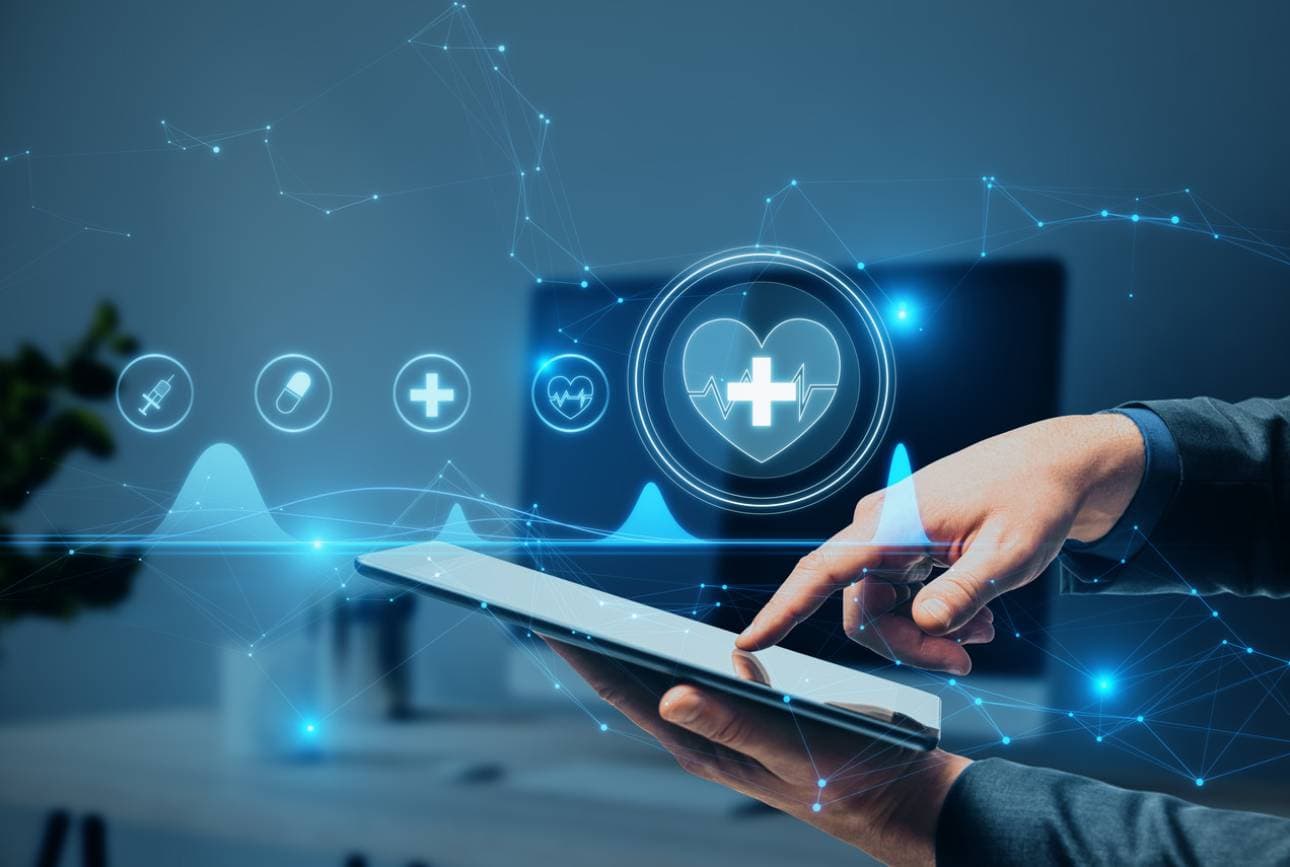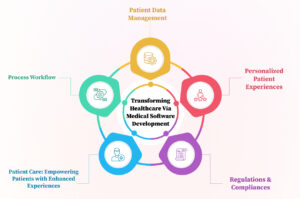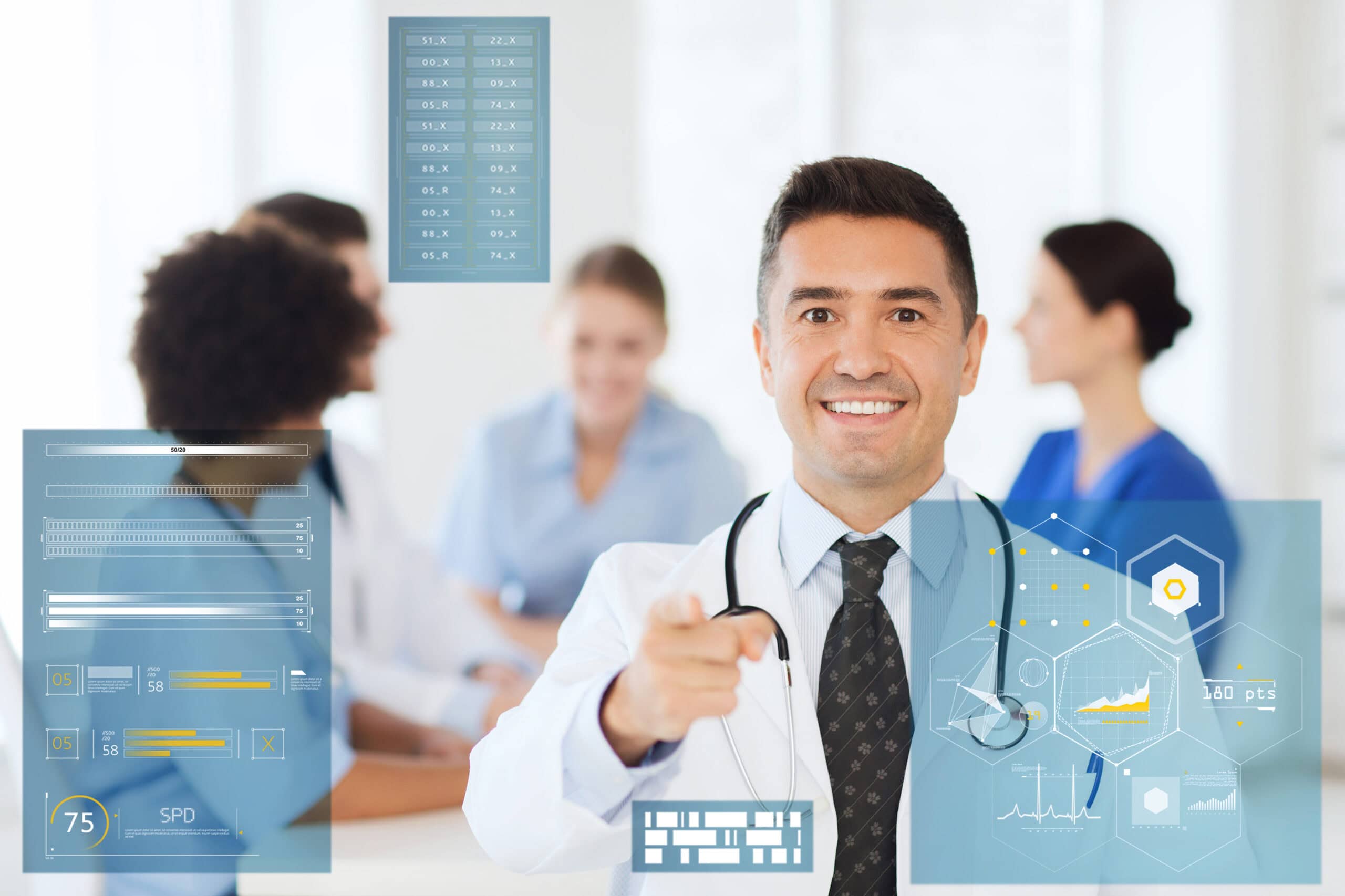Digitalization in the medical and healthcare industry has sped up since the days of the COVID-19 epidemic. In the post-pandemic era, medical software development has received huge adoption, from hospitals to clinics and pharmacies, to enhance patient experiences and save lives. And guess what? Custom medical software development services have been proven digitally transformative when the reshaping of healthcare solutions take center stage.
Medical software development and emerging technology integration into the operational workflow of various healthcare businesses result in challenges to overcome. Many healthcare service providers want to adopt innovative healthcare solutions but they hesitate to implement the idea for real.
Some common concerns such as implementing electronic health records (EHRs), patients’ privacy and data security, and technical training for staff. Also, meeting countless healthcare and medical industry regulations and compliances is a valid concern to avoid unintentionally breaching protocols.
Custom medical software development bridges the gaps between the complexities in healthcare processes and the precision of the used technologies. In this blog, we shall see how medical software development has beautifully impacted healthcare society for the betterment of patients.






